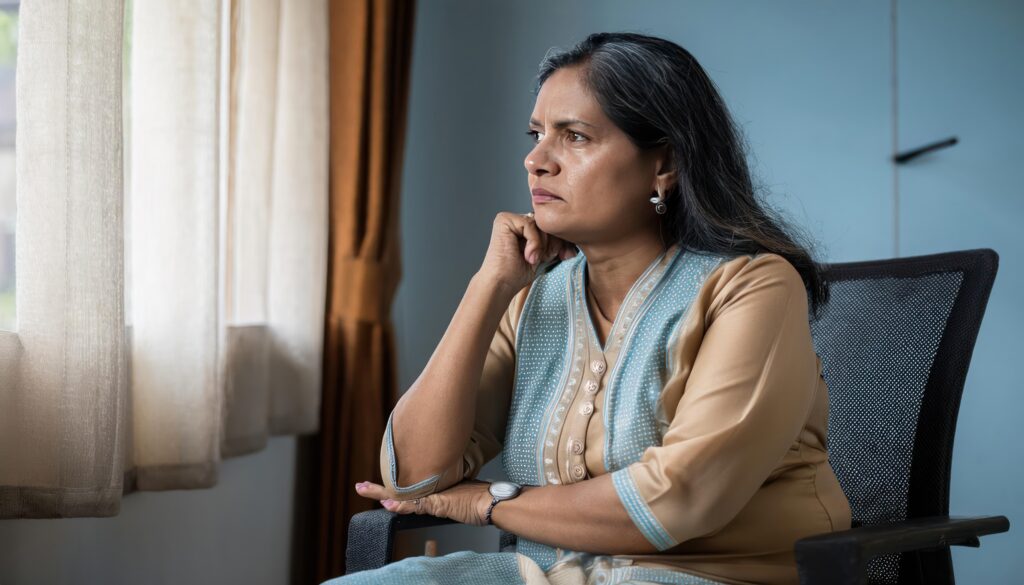What is Post Menopausal Bleeding?
Post menopausal bleeding means any vaginal bleeding that happens after you have stopped having periods for 12 months. This is not a normal part of aging. In fact, it can be a sign of an underlying health issue. Because of this, it is important to pay attention to any bleeding after menopause. The primary keyword, post menopausal bleeding, refers to this specific type of bleeding. If you notice it, you should talk to your doctor.
Common Symptoms and Warning Signs
Although post menopausal bleeding is the main symptom, you may notice other signs. For example, you might see:
Sometimes, these symptoms can be mild. However, any bleeding after menopause should be checked by a healthcare provider.
Causes and Risk Factors
There are several causes of post menopausal bleeding. Some are harmless, but others need quick attention. Common causes include:
Some risk factors make post menopausal bleeding more likely. For instance, being overweight, having high blood pressure, or taking certain medicines can increase your risk. In addition, a family history of cancer may play a role.
How Post Menopausal Bleeding is Diagnosed
Doctors use several steps to find the cause of post menopausal bleeding. First, they will ask about your symptoms and medical history. Next, they may do a physical exam. Often, tests are needed to get a clear answer. These may include:
Because early diagnosis is important, you should not delay seeing your doctor. The diagnosis of post menopausal bleeding helps guide the right treatment.
Treatment Options and Management
Treatment for post menopausal bleeding depends on the cause. For example, if thinning of the vaginal lining is the reason, your doctor may suggest vaginal creams or tablets. If polyps are found, they can often be removed with a simple procedure. In cases of infection, antibiotics may help. If endometrial hyperplasia or cancer is found, more advanced treatment may be needed. Options can include:
Because every case is different, your doctor will recommend the best plan for you.
Lifestyle Tips and Prevention Strategies
While not all cases can be prevented, some steps may lower your risk. For instance, you can:
Additionally, talk to your doctor before starting hormone therapy. This can help you understand the risks and benefits.
When to Seek Medical Help
If you notice any post menopausal bleeding, do not ignore it. Even if the bleeding is light or happens only once, you should see a healthcare specialist. Early diagnosis and treatment can prevent serious problems. You should also seek help if you have:
Remember, it is always better to be safe and get checked.
If you notice post menopausal bleeding, consult a healthcare specialist for personalized advice.
Your Health Comes First
Postmenopausal bleeding should never be ignored — even light spotting can signal an underlying issue that needs attention. Early evaluation can make all the difference in ensuring your long-term health and peace of mind.
Visit Saroj Hospital today for expert gynecological consultation and timely care. Your well-being is our priority!

